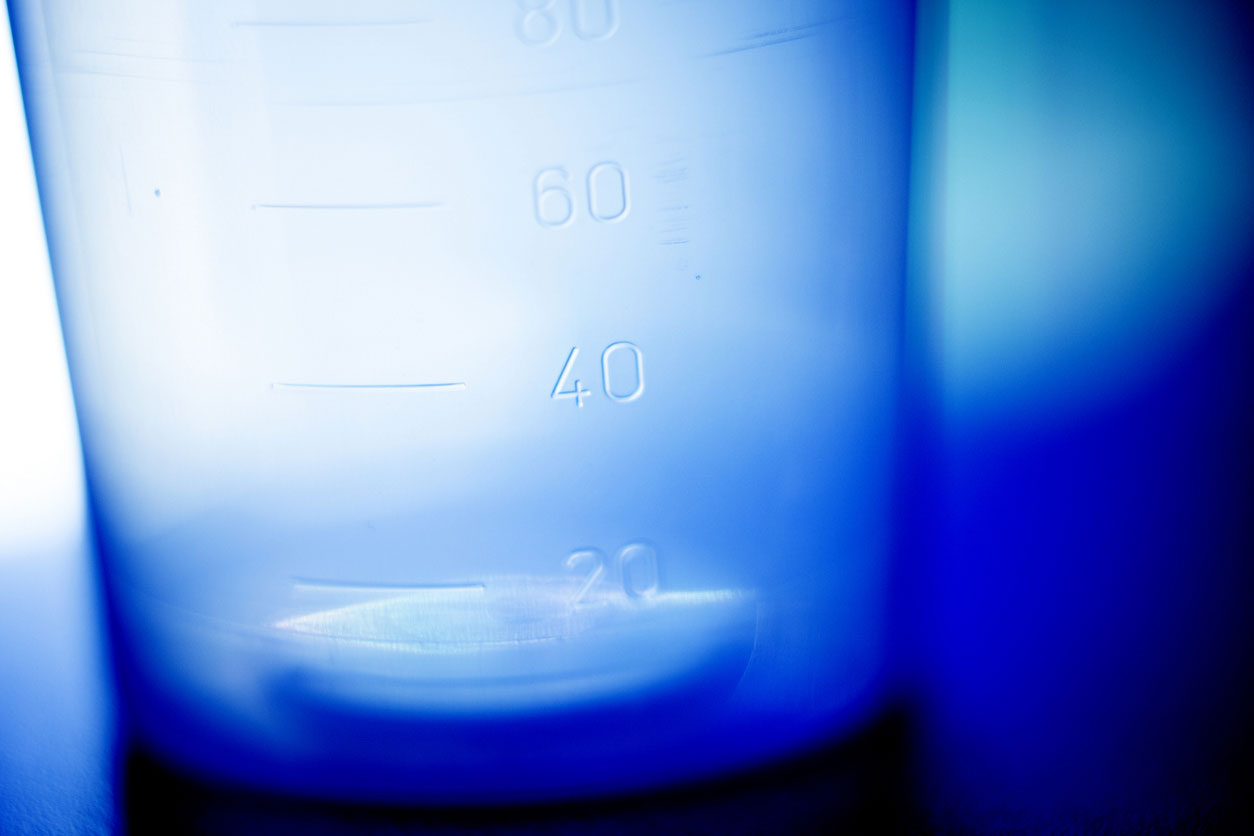
Clint Reed felt he nailed the final interview for his dream job. After waiting just a couple of days, the human resources department of the company he interviewed with called to congratulate him on landing the job. There was just one small hurdle to jump over, before Clint began his dream job.
“I had to pass a drug test,” said Clint. “The test itself did not bother me, but how the testing company handled my sample did.”
A growing number of public and private employers require job applicants to undergo tests for drug and alcohol use. However, the United States judicial system remains ambivalent on the legality of drug tests, as well as the appeals made by job applicants that feel their test results were tainted by human error.
What the United States Supreme Court Has Ruled
The United States Supreme Court has repeatedly ruled that urine and blood samplings represent “minimally intrusive procedures” that do not harm employees and job applicants. However, the United States Supreme Court has made it clear that employers must conduct drug and alcohol tests within the workplace and not at third-party testing sites. Moreover, the drug testing company must not directly observe the administration of drug tests. This means the United States Supreme Court relies on privacy laws in its interpretation of the legality of drug tests in the workplace. To further complicate matters, employers have the option to monitor the administration of a drug test, if the employer has probable cause to believe a job applicant plans to tamper with the drug test.
What Federal Law Mandates
The Drug-Free Workplace Act of 1988 sets the legal precedent for the administration of drug tests in the workplace. Any employer that receives federal grants and/or contracts must operate a drug free workplace to continue receiving federal funds. However, the Act does not include clear language that requires drug testing to comply with the drug-free workplace mandate. Other federal laws that mention drug use in the workplace include the Americans with Disabilities Act and the Family and Medical Leave Act. The American with Disabilities Act classifies alcoholism as a protected disability. Some United States government agencies, such as the Department of Transportation, implement drug testing programs to ensure safety in the workplace.
State Laws
The legality of drug testing becomes muddled at the state level. The United States Constitution includes an Amendment that allows states to fill in the legal blanks left by Federal laws. Each state passes and implements its own legal language that pertains to drug testing. Alaska does not require drug testing in the workplace, but the state clearly allows for voluntary compliance. Many states give employers the legal right to test for drugs and alcohol as part of the hiring process.
Common Ground
Employers face legal challenges for testing only a select group of job applicants for drugs and alcohol. Most states limit the type of drug tests performed by employers during the hiring process. For example, many states forbid the use of hair tests because the tests go back months to detect drug usage. Most states rely on blood and urine samples that prove drug use that goes back only 30 days. Covert drug tests are strictly prohibited by state and federal laws.
If you feel a prospective employer has violated your legal rights by administering a drug test or producing an erroneous drug test result, contact our law office to schedule a free initial consultation. One of our licensed attorneys who specializes in employment law will determine how you should proceed with your case.
